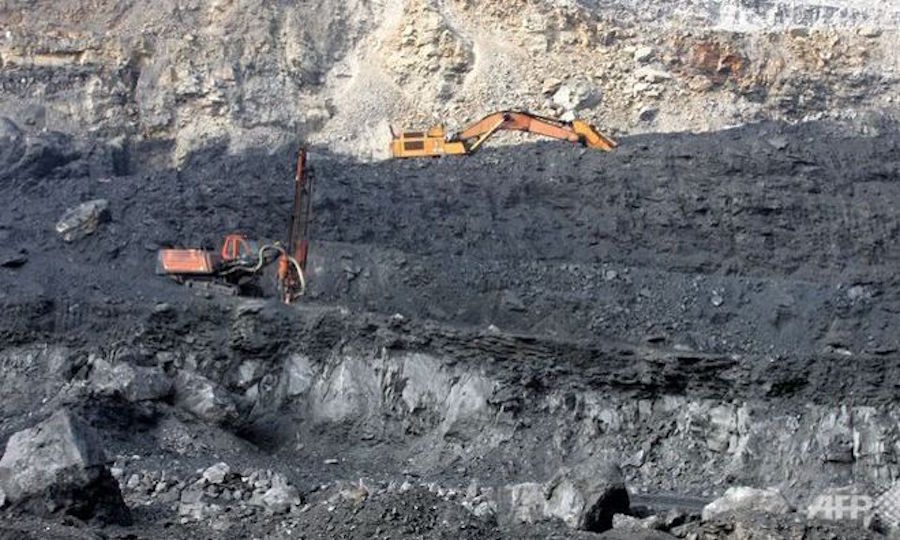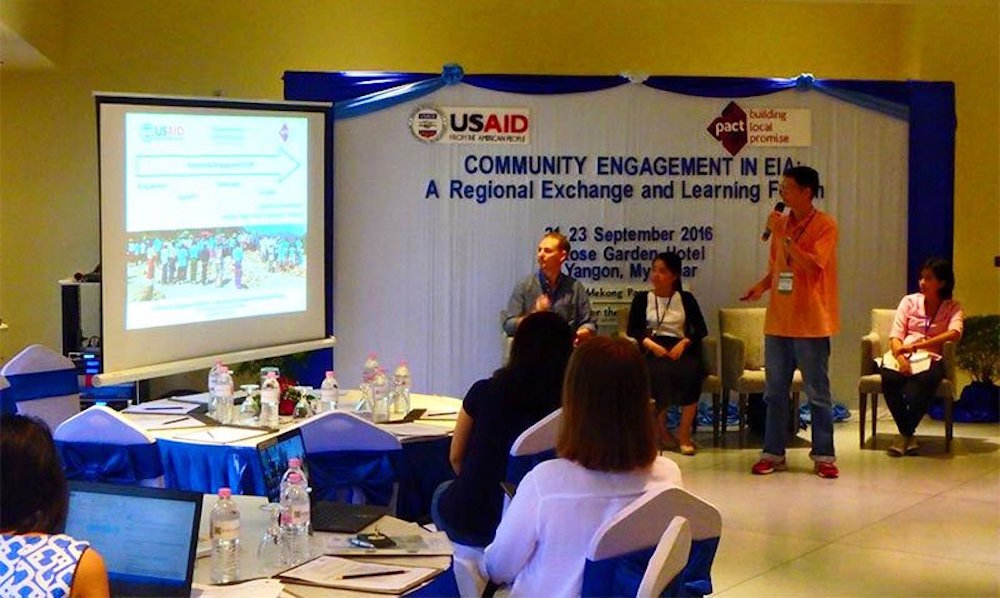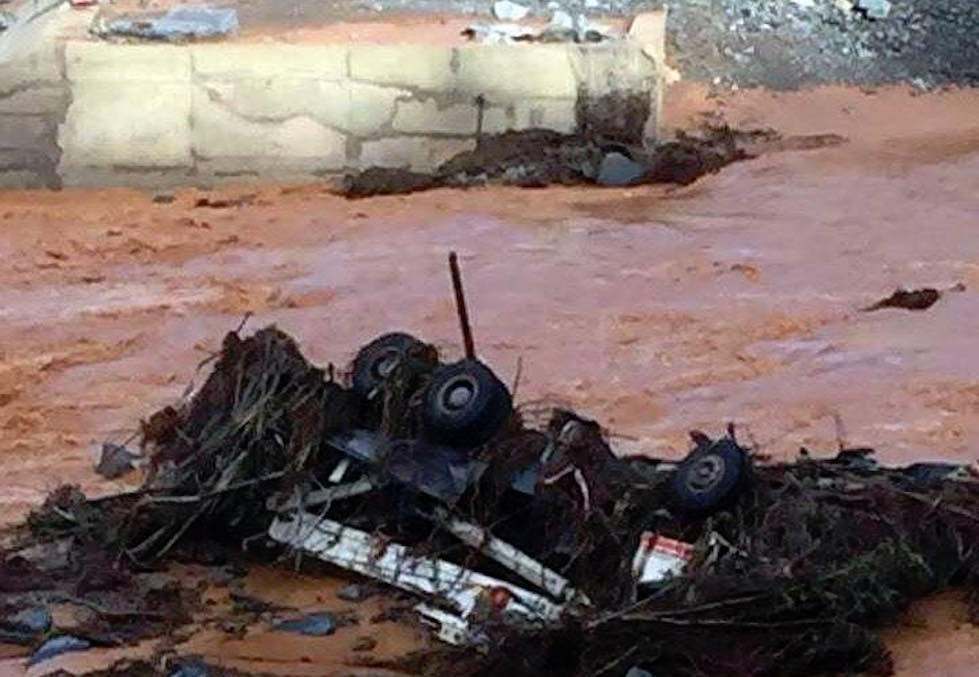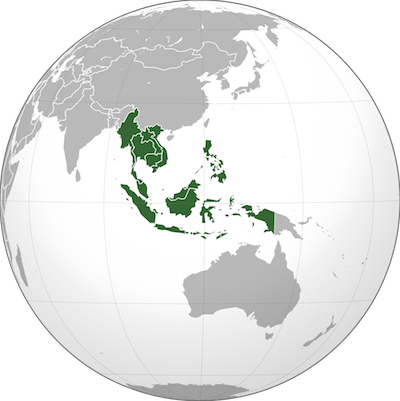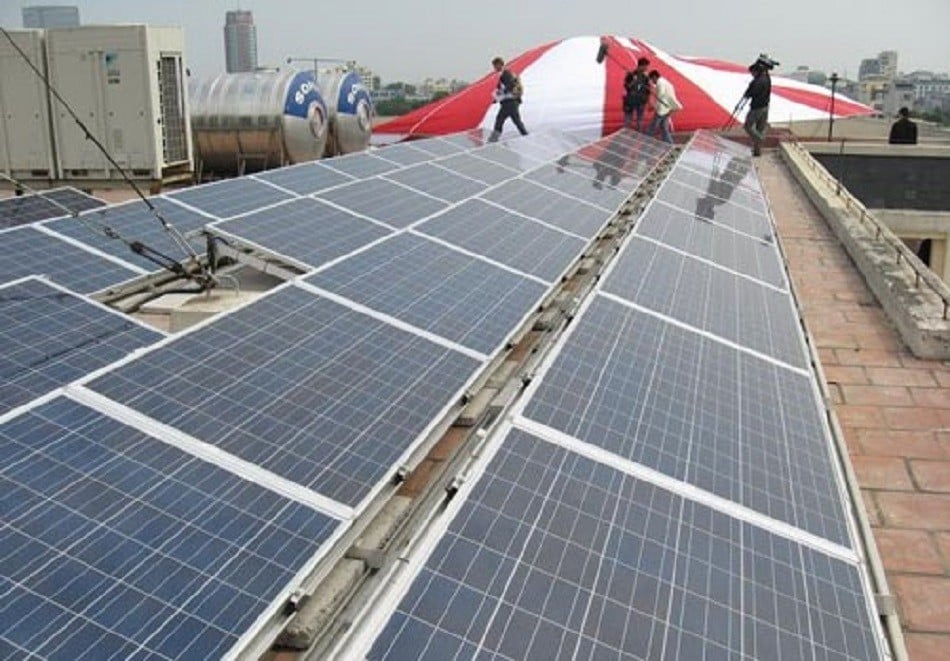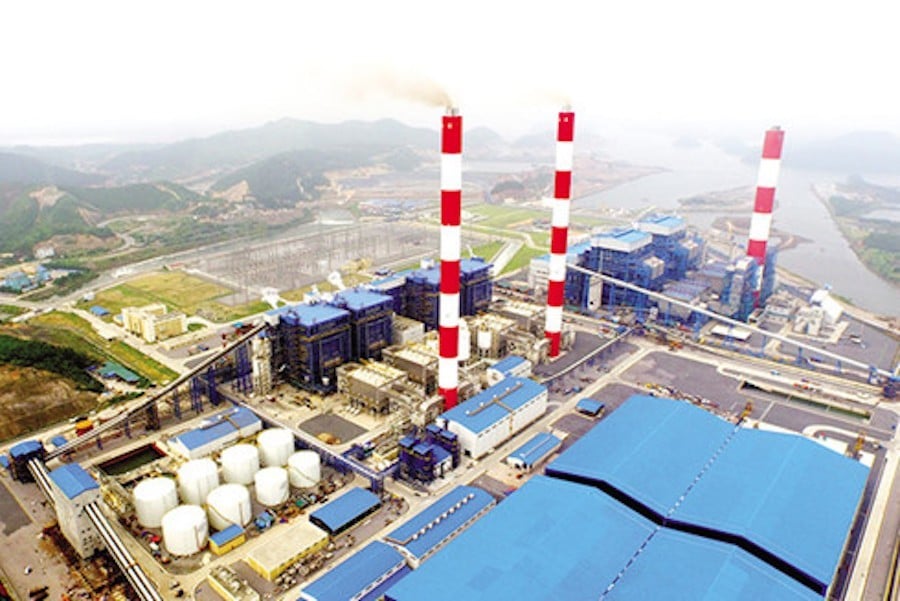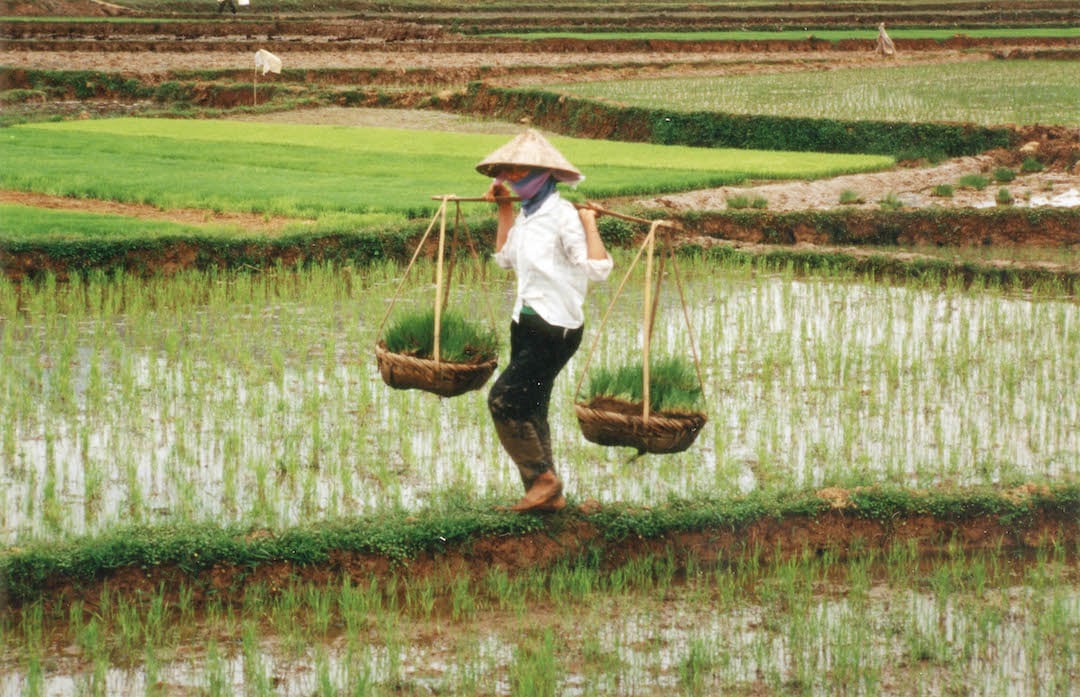The Mekong Delta’s Bac Lieu Province scrapped plans for a coal-fired thermal power plant to pursue clean-energy options, last week.
The provincial government has requested permission to withdraw from the project to build wind turbines. Bac Lieu is currently home to one of Vietnam’s three wind power plants, the other two are located in Binh Thuan Province just north of the tourist town Mui Ne.


